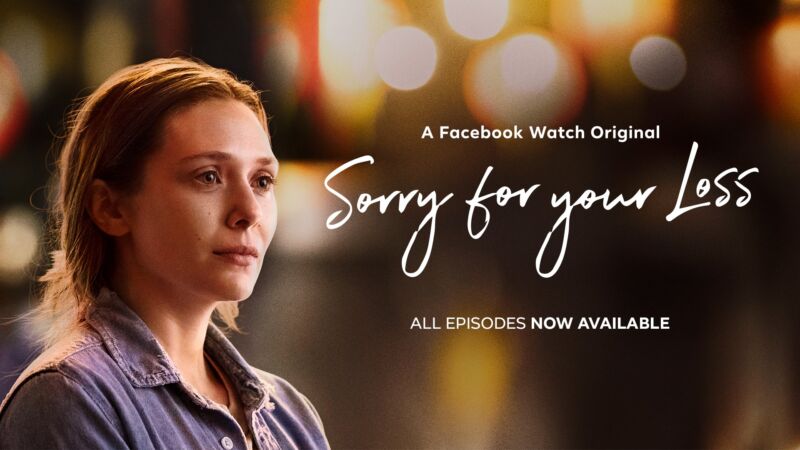
Last April, Meta revealed that it would no longer support original shows, like Jada Pinkett Smith's Red Table Talk talk show, on Facebook Watch. Meta's streaming business that was once viewed as competition for the likes of YouTube and Netflix is effectively dead now; Facebook doesn't produce original series, and Facebook Watch is no longer available as a video-streaming app.
The streaming business' demise has seemed related to cost cuts at Meta that have also included layoffs. However, recently unsealed court documents in an antitrust suit against Meta [PDF] claim that Meta has squashed its streaming dreams in order to appease one of its biggest ad customers: Netflix.
As spotted via Gizmodo, a letter was filed on April 14 in relation to a class-action antitrust suit that was filed by Meta customers, accusing Meta of anti-competitive practices that harm social media competition and consumers. The letter, made public Saturday, asks a court to have Reed Hastings, Netflix's founder and former CEO, respond to a subpoena for documents that plaintiffs claim are relevant to the case. The original complaint filed in December 2020 [PDF] doesn’t mention Netflix beyond stating that Facebook “secretly signed Whitelist and Data sharing agreements” with Netflix, along with “dozens” of other third-party app developers. The case is still ongoing.
The letter alleges that Netflix's relationship with Facebook was remarkably strong due to the former's ad spend with the latter and that Hastings directed "negotiations to end competition in streaming video" from Facebook.
One of the first questions that may come to mind is why a company like Facebook would allow Netflix to influence such a major business decision. The litigation claims the companies formed a lucrative business relationship that included Facebook allegedly giving Netflix access to Facebook users' private messages:
By 2013, Netflix had begun entering into a series of “Facebook Extended API” agreements, including a so-called “Inbox API” agreement that allowed Netflix programmatic access to Facebook’s users' private message inboxes, in exchange for which Netflix would “provide to FB a written report every two weeks that shows daily counts of recommendation sends and recipient clicks by interface, initiation surface, and/or implementation variant (e.g., Facebook vs. non-Facebook recommendation recipients). ... In August 2013, Facebook provided Netflix with access to its so-called “Titan API,” a private API that allowed a whitelisted partner to access, among other things, Facebook users' “messaging app and non-app friends."
Meta said it rolled out end-to-end encryption "for all personal chats and calls on Messenger and Facebook" in December. And in 2018, Facebook told Vox that it doesn't use private messages for ad targeting. But a few months later, The New York Times, citing "hundreds of pages of Facebook documents," reported that Facebook "gave Netflix and Spotify the ability to read Facebook users’ private messages."
Meta didn't respond to Ars Technica's request for comment. The company told Gizmodo that it has standard agreements with Netflix currently but didn't answer the publication's specific questions.